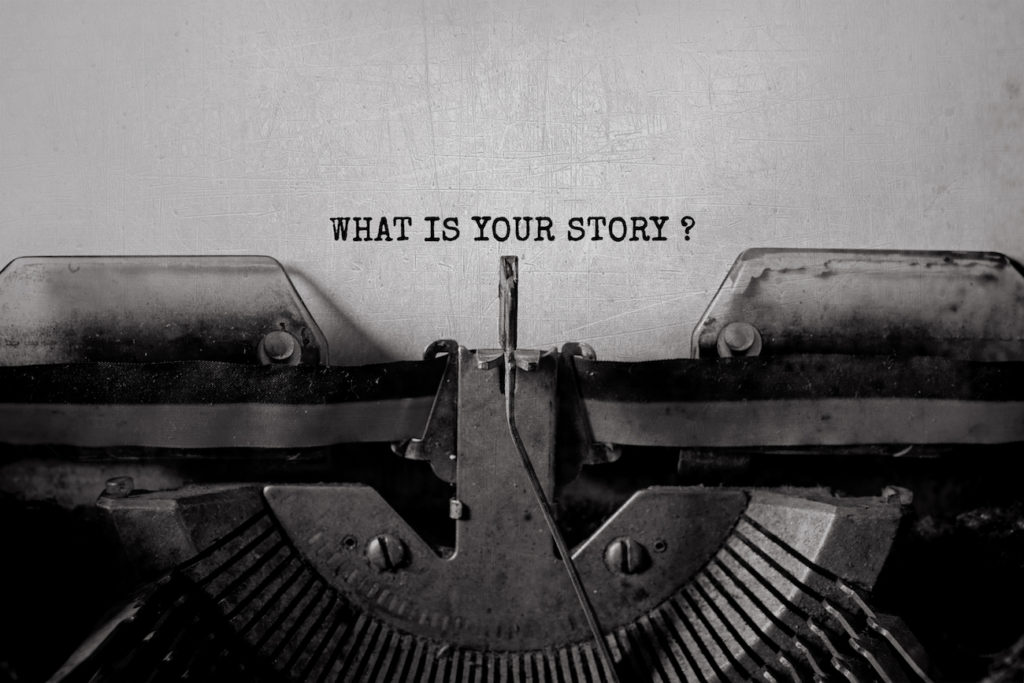Applying to graduate school can feel like a particularly daunting task, and for many, one of the most stressful elements is the personal statement essay. Oftentimes people don’t enjoy writing, and they really don’t like writing about themselves at length. A personal statement essay can be enough to prevent someone from applying to school entirely.
But it doesn’t have to be this way! If you do your research and familiarize yourself with what goes into a personal statement essay, it should feel much less daunting. And while it may be difficult, a well-written statement has the power to make your application stand out from the crowd. Read on to find out how to appropriately share your story with the admissions office of your preferred college or university.
What Is a Personal Statement Essay?
First, it’s important to understand what a personal statement essay is. While it sounds similar, it’s different from a statement of purpose essay. A personal statement essay is a way for the college admissions committee to get to know who you are as a person; it explains why you would be a good fit for the program. A statement of purpose essay should discuss your educational background and career goals, as opposed to your life experiences.
Some Things to Consider Prior to Writing Your Statement
- What are the key points you want to communicate about yourself?
- What tone do you want to set?
- Are there any gaps in your schooling or other challenging issues you need to address?
- What sets you apart from other candidates?
- What are your career goals, and how do they relate to graduate school?
What to Include in Your Personal Statement
Your personal statement should help the graduate admissions office get to know you, both as a student and as an individual. This is your chance to share your story and connect with your audience; use this opportunity to talk about how your life experiences, challenges, and opportunities have shaped you as a person and how they helped make you the strong student that you are today. The more your personal statement tells your school about you as a unique student, the more it will stand out.
“A strong personal history statement begins with an authentic voice and personal narrative. This can reflect your journey to graduate school, any obstacles you have encountered, and how you’ve overcome challenges.”
That being said, your personal statement is not an autobiography. It should have a clear focus and tell one or two stories or real-life scenarios as opposed to trying to write your entire life story. Many graduate programs require an interview after the statement has been submitted; if you get invited for that, you’ll have a chance to elaborate more on your statement.
In the meantime, make sure your personal statement is focused with a strong narrative structure. It is also not an opportunity to delve into creative writing. In addition, you should:
- Keep your anecdotes relevant.
- Be honest, and don’t be afraid to show vulnerability. Show how your (potentially negative) experiences contribute to your strengths as opposed to trying to hide them.
- Demonstrate an awareness of your audience. Think about who will be reading your statement, and what you’d like to read if you were in their shoes. Their experiences have likely been different from yours, so be conscious of how those with varying backgrounds could perceive your narrative.
- Express your individuality. Be true to who you are, no matter what. You shouldn’t change your story based on the school or the program you’re applying for, because if you do and then you get accepted, you might not be happy in the program if it’s not a good fit for your true self.
The Writing Process
It won’t matter how good your story is if you don’t tell it effectively. How you write is just as important as what you write. Here are some tips to ensure your personal statement doesn’t get sent to the recycle bin:
1. Do your research.
Does the college or university have specific requirements for length or formatting? Is there a prompt you need to follow? Find the answer to these questions before you start writing. I recommend looking on the school’s website to see if they list their requirements. If you can’t find something, call the admissions office, and ask to speak with a counselor. Don’t just guess! This is a good way to demonstrate your ability to follow directions.
2. Use a professional tone of voice.
As stated before, this writing sample is for academic purposes, and it shouldn’t be treated like a creative writing piece or like an email you’d send to a friend. Write it in the same tone of voice that you would an academic paper. Use respectful language, no slang, and be conscious of how your words may impact your professional audience.
3. Make an outline and stick to it.
Your statement needs to have a focus, and the best way to ensure that it does is by drafting an outline first. Figure out the format you want to use and make sure it flows from one idea to the next. Write down the specific examples and anecdotes you want to share so that you don’t end up rambling. Then, refer back to your outline often throughout the writing process to make sure you’re staying focused.
4. Proofread!
Proofread, proofread, and proofread again. Have others proofread your work as well. There are also website extensions like Grammarly that you can download for free to check your spelling and grammar. There is no excuse for a misspelling or a typo in a professional writing sample, and it won’t reflect well on you as a student if it looks like you don’t pay attention to detail.
Follow these tips, and you’ll be accepted into your graduate program of choice in no time!
Educators never stop learning; check out our available graduate degree programs to hone your skills and promote lifelong learning and academic excellence.




